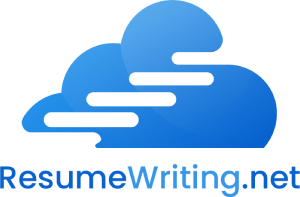A well-crafted resume is your ticket to career opportunities in today’s job market. Recruiters and hiring managers are often drawn to abilities, rather than work experience and education. The difference of knowing what skills to put on a resume and how to arrange them can help you stand out from other candidates. Hence, this guide will examine the vital skills that should be included in a resume and some pointers on its effective presentation.

Understanding the Importance of Skills on Your Resume
Your skills section is more than just a list of abilities; It is your chance to highlight your skills and what you can bring to the table as a candidate. Whether you’re applying for a technical role in software development or a customer service position, your skillset can make or break your chances of landing an interview. Here’s why your skills matter:
- Relevance to the Job: Recruiters often look for specific skills that match the job requirements. By including relevant skills on your resume, you demonstrate that you have the qualifications needed to excel in the role.
- Ability to Contribute: Your skills showcase your ability to contribute to the organization’s goals and objectives. Whether it’s through technical expertise, leadership capabilities, or effective communication skills, your skills signal to employers how you can add value to their team.
- Points of Differentiation: In a crowded job market, your skills can set you apart from other candidates. Highlighting unique or specialized skills can capture the attention of recruiters and make your resume stand out from the competition.
What Skills to Put on Your Resume
When determining which skills to include on your resume, you should consider the following categories:
- Hard Skills: These are tangible, technical skills that are specific to your field or industry. Examples include programming languages, data analysis tools, graphic design software, and accounting principles.
- Soft Skills: Soft skills, also known as interpersonal or transferable skills, are non-technical abilities that are valuable in any role or industry. Examples include communication, teamwork, problem-solving, time management, and leadership.
- Industry-specific Skills: Tailor your skills to match the requirements of the job and the industry. For example, if you’re applying for a marketing position, highlight skills such as SEO, social media marketing, content creation, and analytics. Similarly, if you’re in healthcare, emphasize skills such as patient care, medical terminology, and regulatory compliance.
- Certifications and Qualifications: Include any relevant certifications, licenses, or qualifications that demonstrate your expertise and credibility in your field. This could include project management certifications, industry-specific licenses, or advanced degrees.
- Language Proficiency: If you’re fluent in multiple languages, especially if it’s relevant to the job or industry, mention your language skills on your resume. Bilingualism or multilingualism can be a valuable asset, particularly in roles that require interaction with diverse populations or international clients.
How to List Skills on Your Resume
Once you’ve identified the skills you want to include, it’s important to present them effectively on your resume. Here are some tips for listing your skills:
- Create a Dedicated Skills Section: Start your resume writing with a dedicated skills section, positioned prominently below your contact information and professional summary. This allows recruiters to quickly identify your key qualifications and areas of expertise.
- Organize Skills Into Categories: Group your skills into categories such as hard skills, soft skills, technical skills, certifications, and languages. This makes it easier for recruiters to scan your resume and quickly assess your qualifications.
- Prioritize Skills: Place the most relevant and sought-after skills at the top of each category. Review the job description carefully to identify the skills and qualifications that are most important to the employer. By prioritizing these skills, you ensure that recruiters notice them immediately when reviewing your resume.
- Quantify and Qualify: Whenever possible, quantify your skills or provide examples to demonstrate proficiency. Instead of simply listing a skill, provide specific examples of how you’ve used that skill to achieve results or solve problems in previous roles. This not only validates your skills but also adds credibility to your resume.
- Be Honest and Concise: Only include skills that you genuinely possess and can confidently discuss during an interview. Avoid exaggerating or including skills that you’re not proficient in, as this can backfire during the hiring process. Be honest about your abilities and focus on highlighting your strengths.
- Use Action Verbs: Start each skill with action verbs to make your resume more dynamic and engaging. Action verbs such as “Managed,” “Developed,” “Implemented,” and “Led” demonstrate your proactive approach and contributions in previous roles. This helps recruiters visualize your impact in the workplace.
- Update Regularly: Keep your skills section up-to-date as you acquire new skills or certifications. Review and update your resume regularly to ensure that it reflects your current capabilities. By staying proactive and updating your resume with new skills and qualifications, you present yourself as a continuous learner and a valuable asset to potential employers.
Conclusion
Crafting a skillful resume requires careful consideration of the skills you possess and how you present them to prospective employers. By including relevant and impactful skills on your resume and presenting them effectively, you can increase your chances of standing out and securing interviews. Remember to tailor your skills to match the requirements of the job and industry, prioritize the most relevant skills, and provide specific examples to demonstrate proficiency. With a well-crafted skills section, your resume will showcase your qualifications and expertise, setting you on the path to career success.

